April 8th Edition of Vantage Point Radio Program Focus Report Back from the National Emergency Summit on Gentrification Newark Town Hall Meeting on Gentrification Gentrification: The Negro Removal Program of…

By Julianne Malveaux — Betsy “Devoid” (of good sense), also known as Education Secretary Betsy DeVos, is an aberration, an abomination, an abscess on the complexion of educational policy and…

Nipsey Hussle (August 15, 1985 – March 31, 2019) By Bashir Muhammad Akinyele — As I read and watched the reports on the murder of our brother Nipsey Hussle this past Sunday in the media, I thought about how South Central, Los Angeles’ African American community loss a good Black man. He was a brother of many gifts. He was a father. He was husband. He was a friend. But he was also a Hip Hop artist, entrepreneur, and…

Public ownership may terrify some in the U.S. but these four enterprises show it’s already far more common than many people realize. By Teke Wiggin, Huffpost — Socialism is buzzing….
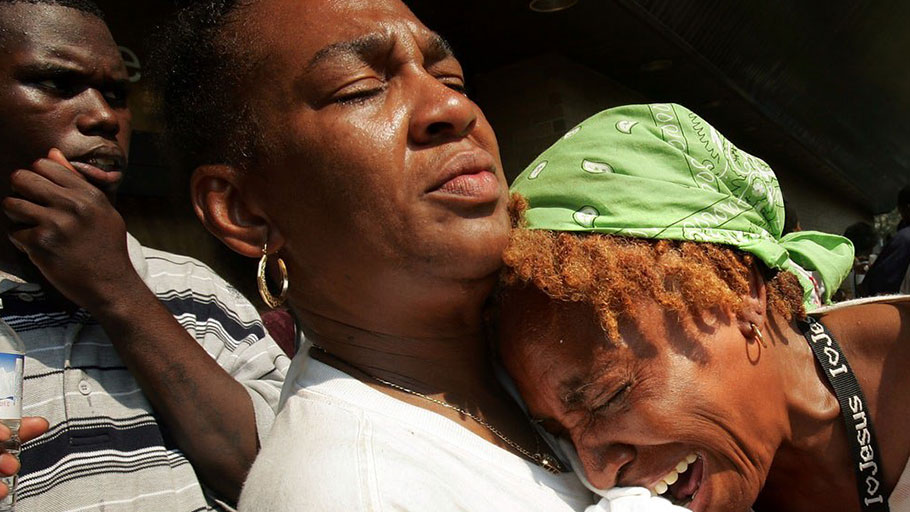
The Democratic Party is talking about both issues separately. They make more sense in tandem. By Emily Atkin, The New Republic — Environmental justice activist Anthony Rogers-Wright lives full-time in Seattle, Washington, but just happened to be in Massachusetts last weekend when he heard that Senator Ed Markey was holding a town hall about the Green New Deal in Northampton, a crunchy college town in the heart of the state.…
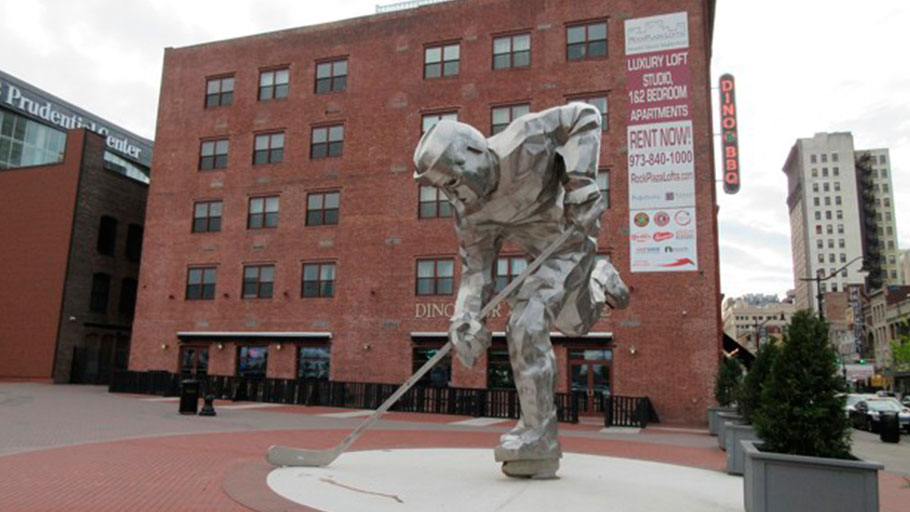
Gentrification is geographically limited in cities, but a new study shows where it has become a crisis, particularly for low-income black households. By Brentin Mock, CityLab — Ron Daniels, president of the Baltimore-based civil-rights network Institute of the Black World 21st Century, assembled a group of some of the foremost African-American social-justice advocates, thinkers, and influencers to Newark this weekend for an emergency summit on gentrification. The emergency is that too many…
APRIL 5, 2019, NEWARK, NJ — Panelists from across the country shared their perspectives on the nature of the crisis and offered ideas for countering the devastating assault on Black communities.

By Julianne Malveaux — It is unfathomable that the federal minimum wage has not been increased in more than a decade, since 2007, that the wage, at $7.25 per hour…
April 1st Vantage Point: Newark Town Hall Meeting on “The Negro Removal Program of the 21st Century”
4/1/19 Vantage Point Radio. Topic: Newark Town Hall Meeting Gentrification, The Negro Removal Program of the 21st Century. Guests Fredrica Bey (New Jersey Coalition for Due Process and WISOMM, Newark, NJ) and Larry Hamm (Chairman People’s Organization for Progress, Newark, NJ).
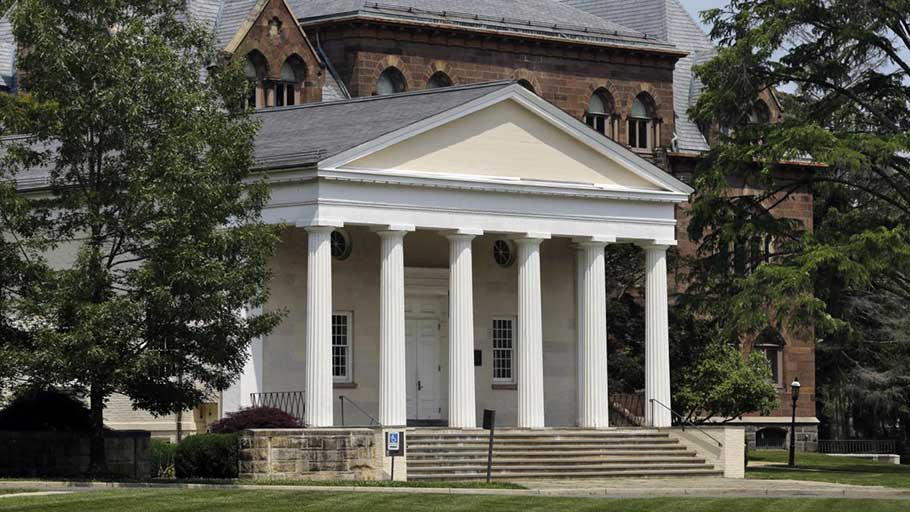
By Wyatt Massey, Frederick News Post — The Rev. Dr. Ernest Campbell said no, James Forman could not speak at his church service the next day. Campbell was the senior pastor at Riverside Church, a predominantly white church on the west side of Manhattan. Forman, a black civil rights leader, wanted to read something to the congregation at the next day’s service on May 4, 1969, according to a history…
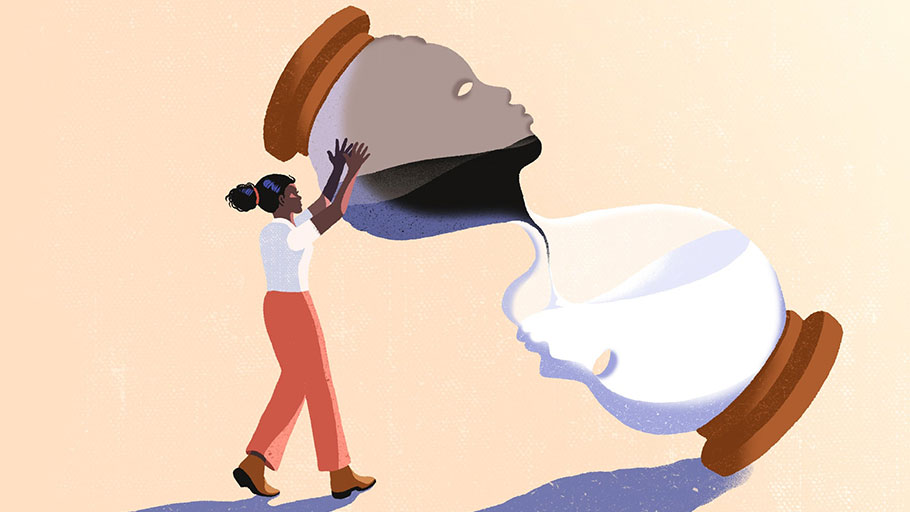
Too often whites at discussions on race decide for themselves what will be discussed, what they will hear, what they will learn. And it is their space. All spaces are. By Ijeoma Oluo, The Guardian — I was leaving a corporate office building after a full day of leading workshops on how to talk about race thoughtfully and deliberately. The audience for each session had been similar to the dozens…
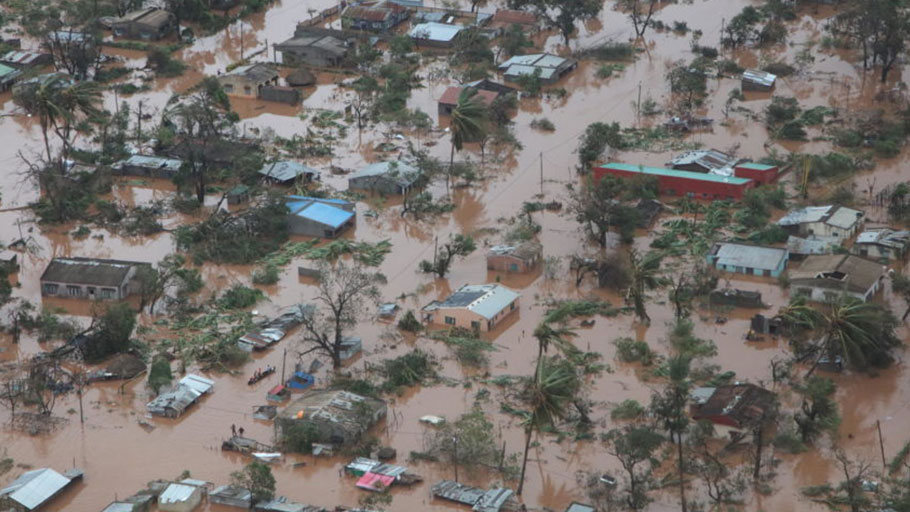
Post-flood satellite images of Mozambique show that Cyclone Idai submerged about 835 square miles of homes and fields — an area larger than New York City, Chicago, Washington, D.C., and Boston combined. By Eric Holthaus, Grist — Aid workers in Mozambique describe the floodwaters as “inland oceans extending for miles and miles.” Idai’s official death toll in Mozambique, Zimbabwe, and Malawi reached 761 on Monday, but that total will surely rise. There are…














